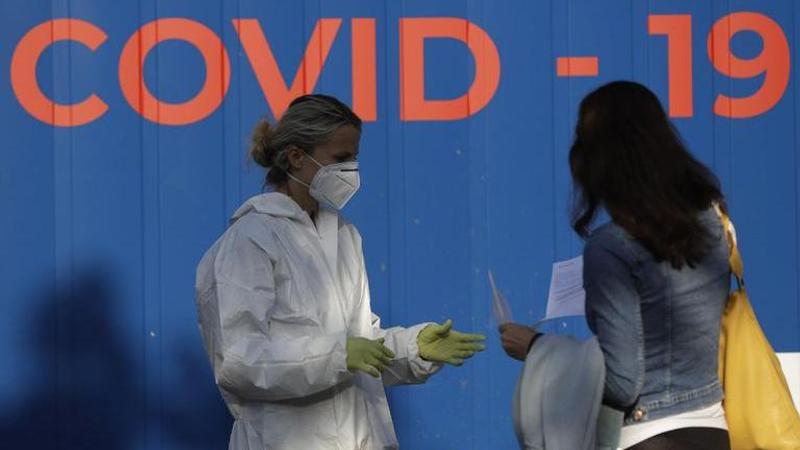Published 19:29 IST, November 2nd 2020
Europe eyes antigen tests to keep elderly safe
As Europe tries to break the surging second wave of coronavirus infections, some countries are betting on a new type of test to avoid the closing care homes to visitors, a move that caused considerable anguish among residents and relatives in the spring.

As Europe tries to break the surging second wave of coronavirus infections, some countries are betting on a new type of test to avoid the closing care homes to visitors, a move that caused considerable anguish among residents and relatives in the spring.
So-called antigen tests, which look for a specific protein on the virus, were first launched months ago.
They are cheap and fast, but experts said at the time that they are also less accurate than the standard PCR test, which detects even the tiniest genetic footprint of the virus.
Scientists in Switzerland recently scrutinized two widely available antigen tests, sold by Chicago-based Abbott Laboratories and Swiss pharmaceutical giant Roche.
The researchers concluded that out of 100 people infected with the new coronavirus only between 85 and 89 tested positive using the antigen method.
"One big advantage of these tests would be that you, for example, can build up a decentralized testing centre," said Isabella Eckerle, who heads the centre for emerging viral diseases at the University of Geneva where the tests were validated.
"So you build up a tent, let's say, in front of a school or in a park, and then people can come and then after 15 minutes, they will know if they are positive or not."
Some experts say that a negative result from an antigen test could therefore be sufficient to allow people without symptoms to leave quarantine or return to school or work, giving greater freedoms particularly to children and young adults who are less at risk from serious illness.
Eckerle, of the University of Geneva, was sceptical.
"I would not call them a game changer," she said.
"I think they are a very nice and very important addition that comes exactly at the right time. But because they are less sensitive than our standard tests, we know that we would probably still miss a small proportion of infectious cases. So I think we should not be tempted to think that once you have a negative result we can go back to a normal life."
(Image Credit: AP)
Updated 19:29 IST, November 2nd 2020




